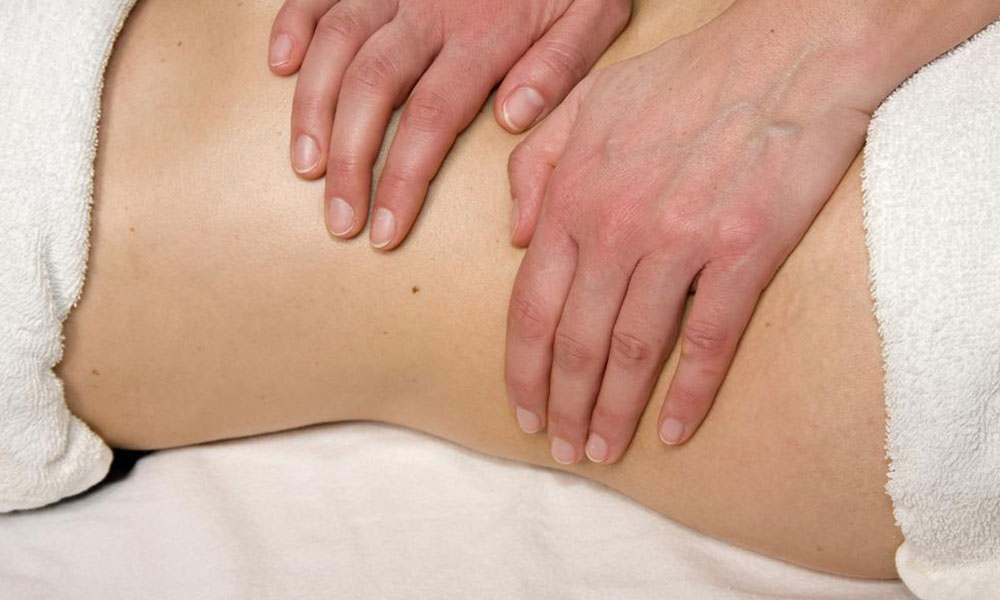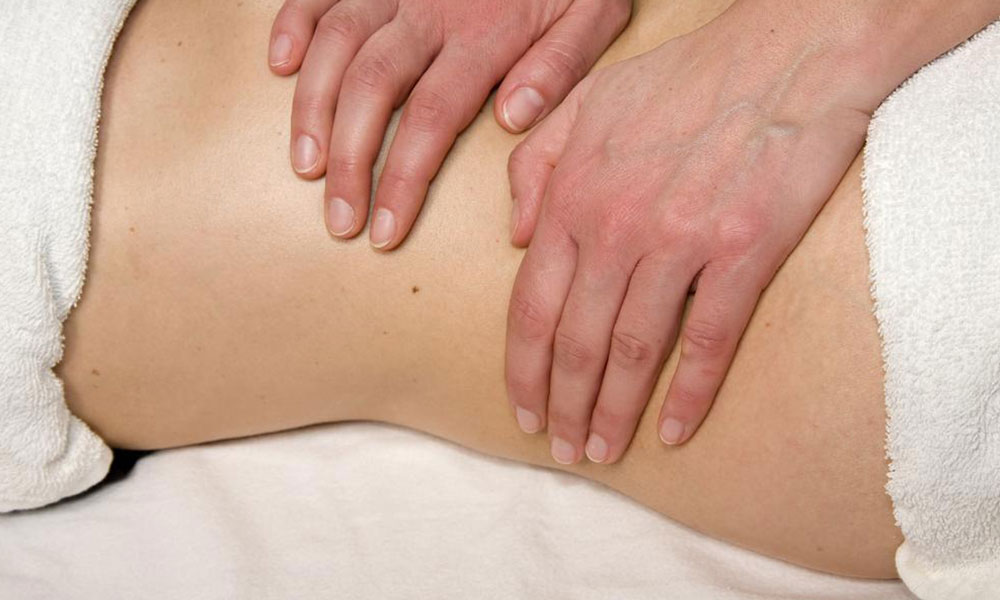Effective Strategies to Manage Heart Palpitations
Discover practical strategies to manage heart palpitations effectively. This guide covers hydration, caffeine reduction, moderate exercise, sodium control, quality sleep, and stress management, offering safe ways to alleviate irregular heartbeat sensations and promote heart health. Consult your doctor for personalized recommendations, especially if symptoms are frequent or severe.

Effective Strategies to Manage Heart Palpitations
Heart palpitations refer to an unusual awareness of heartbeats, often described as racing, pounding, or fluttering. These sensations can occur unexpectedly during rest, movement, or standing and usually last only a few seconds. If they happen frequently or persist, it’s essential to find relief methods to prevent discomfort or health risks.
1. Keep Hydrated
Proper hydration maintains electrolyte balance, which influences blood circulation. Dehydration can lead to lowered blood pressure and cause palpitations, manifesting as dry mouth, dark urine, rapid heartbeat, and dizziness. Drinking 6–8 glasses of water daily helps, but consult a healthcare provider for personalized advice.
2. Reduce Caffeine
High caffeine intake can trigger irregular heart rhythms, leading to palpitations. Limiting coffee, tea, and caffeinated beverages is advisable, especially if you notice symptoms. Pinpointing triggers with a healthcare professional can help manage and prevent recurrence.
3. Engage in Moderate Exercise
Regular physical activity benefits heart health but overexertion may cause adrenaline spikes, worsening palpitations. Incorporate low-to-moderate exercises like walking or yoga after consulting your doctor for a tailored fitness plan. Avoid intense workouts to prevent sudden heartbeat irregularities.
4. Control Sodium Intake
Sodium, primarily from salt, can accelerate heart activity, increasing the risk of irregular rhythms. Limiting salty foods such as chips and fries, combined with hydration and exercise, helps regulate heartbeat. Moderation is key to reducing palpitations linked to sodium consumption.
5. Prioritize Quality Sleep
Consistent, restful sleep reduces stress and stabilizes blood pressure, lowering the chance of palpitations. Aim for 6–8 hours nightly and address sleep disorders like sleep apnea with professional help to ensure restful sleep. Adequate rest also decreases caffeine dependence, further preventing irregular heartbeat episodes.
6. Manage Stress Effectively
High stress levels can elevate heart rate and trigger palpitations. Techniques such as mindfulness, deep breathing, counseling, and meditation help calm the mind and reduce stress hormone levels. A balanced lifestyle with nutritious foods supports overall heart health. Persistent symptoms should prompt a thorough medical evaluation to rule out underlying health issues.










